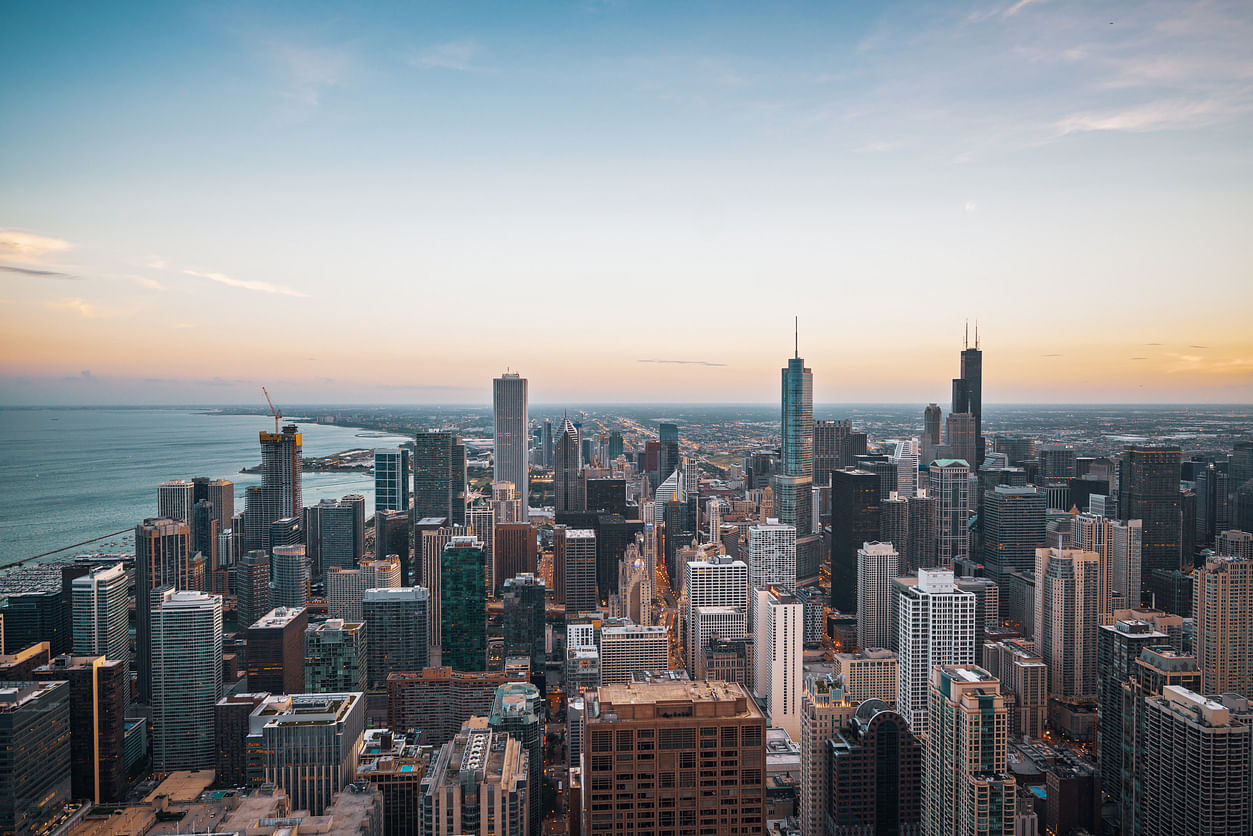
The scale of urbanisation in India requires one city of the size of Chicago to be built every year for the next 10 years, the head of a top American business advocacy group has said.
In a panel discussion 'Smart Cities in India: Challenges and Opportunities' at India Conference organised by the Harvard University over the weekend, Mukesh Aghi, president of the US India Strategic and Partnership Forum (USISPF) emphasised that the need of a robust public-private-partnership for funding all Smart Cities projects following the success path of Singapore.
"The enormity of urbanisation in India requires one city of Chicago size to be built every year for next ten years," Aghi said.
"Change in behaviour of citizens has to come in. The leaders of the cities have to be fiscally responsible too," Aghi said.
Prof John Macomber, Sr Lecturer at Harvard Business School whose research focuses on the future of the cities described why different solutions are required for the developing countries.
Explaining the 24 elements of smartness for the projects under Smart Cities Mission, NSN Murty, Partner & Leader (Smart Cities) at PWC India, called this to be a universal template to be effective not only in India but anywhere in the world.
He cited the example of Bhopal, being an innovator in smart cities by fusing physical and digital together to create revenue generation model around street lights.
Opening the discussion, Alok Singh, director, Dell Technologies, highlighted this as the new deal of the 21st century drawing a parallel with the investment in infrastructure projects in the US to come out of the Great Depression.
Amit Midha, president of Global Digital Cities and APJ at Dell Technologies, highlighted the need of smart cities globally since 70 per cent of the population would live on four per cent of the land mass 2050.
"Transformation engine for the progress is slow but results have been positive He quoted Indore and Mumbai showing positive results such as a double digit decline in communicable disease in hospitals and a double-digit improvement in crime cases because of the information available," Midha said.
"As the time progresses the learning and experience will play huge dividends to the entire society built out of the digital nation," he added.